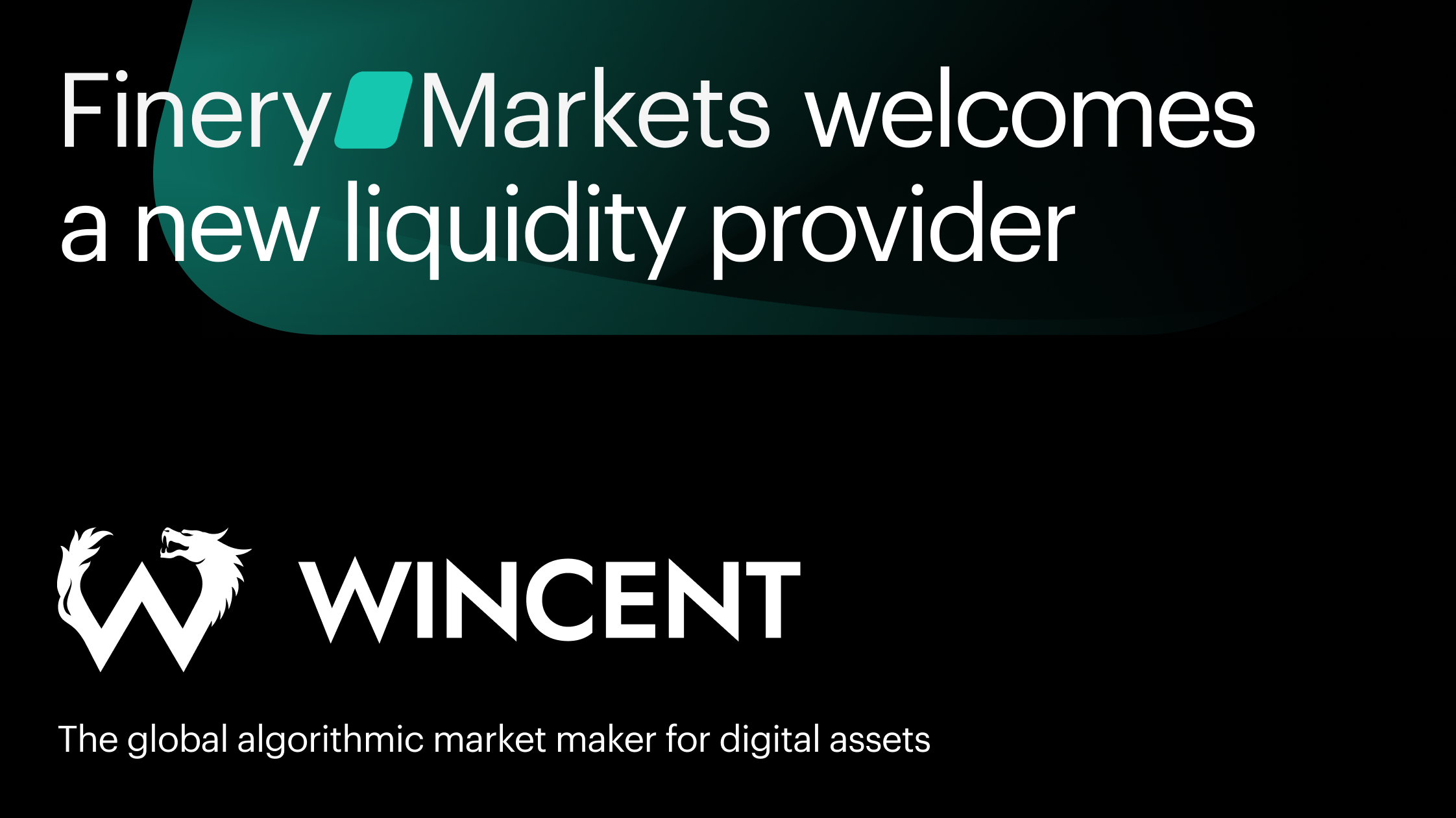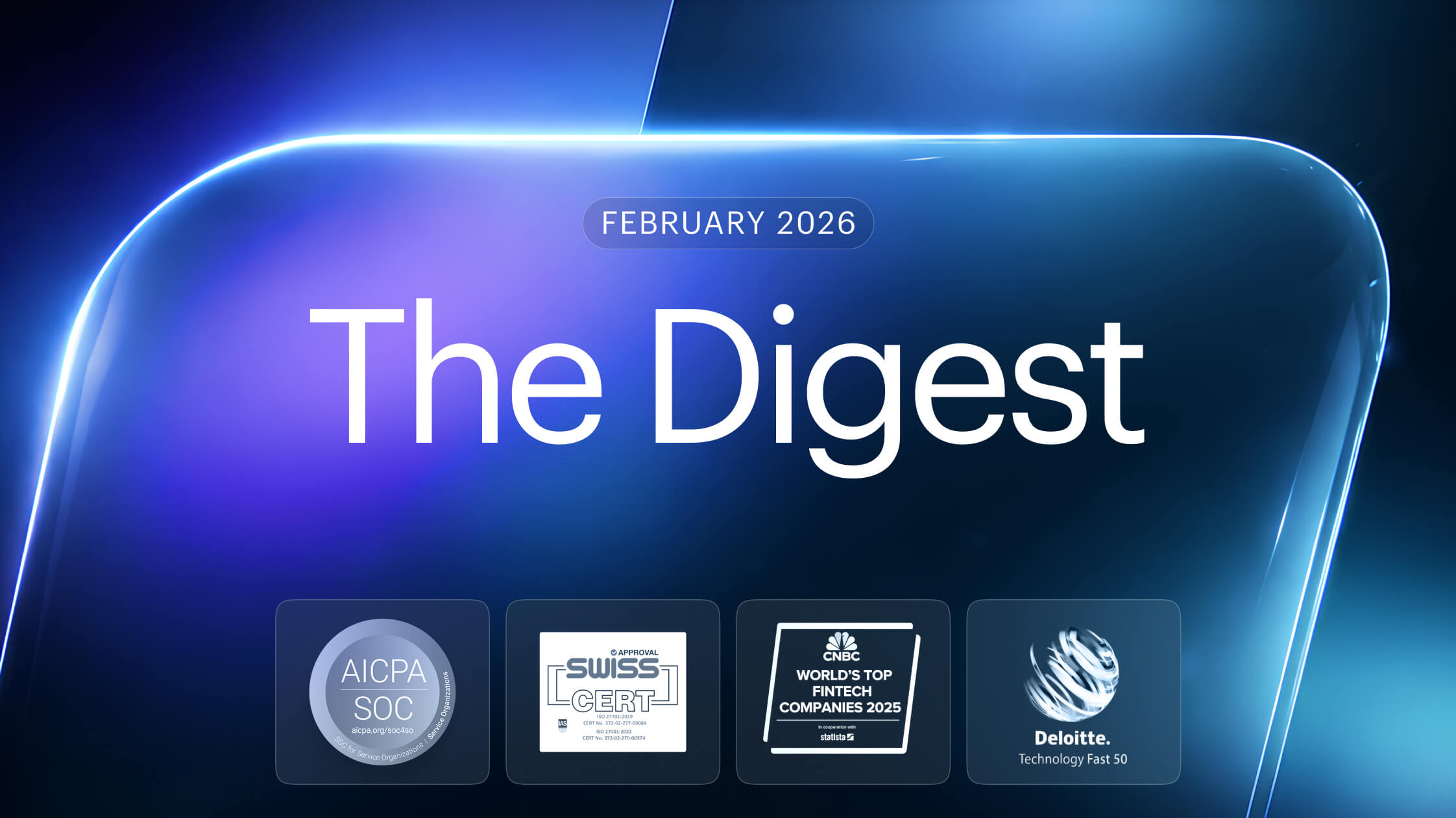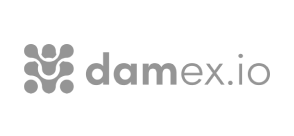TL;DR: The Fed may cut rates as early as July, sparking speculation across risk markets. Ethereum projects launched Web3SOC to set new institutional DeFi standards. Thailand and South Korea are pushing forward on crypto ETFs and token listing reforms, while Trump calls on Congress to pass the stablecoin-focused GENIUS Act.

Bitcoin steady as Fed signals potential July rate cut
Bitcoin held firm near $104,000 as Federal Reserve Governor Christopher Waller suggested the central bank could begin cutting interest rates as early as July. The comments came during a CNBC interview following the Fed’s latest decision to leave rates unchanged, marking the fourth consecutive pause. Traders assigned a 14% chance of a July rate cut, down from 28% a month earlier, according to CME FedWatch.
Waller noted recent data pointing to cooling inflation and emphasized the need to act before the labor market deteriorates. His remarks come amid broader economic uncertainty, including Trump’s renewed tariff push and escalating tensions in the Middle East, both of which could stoke inflationary pressures. Despite these concerns, Fed projections still include two cuts this year, though a growing number of policymakers now expect none.
Risk assets like crypto have historically benefited from lower borrowing costs. Bitcoin surged during last year’s full percentage-point cut, and institutional sentiment may shift if the Fed resumes easing. However, conflicting signals—ranging from Trump’s public criticism of Powell to conflicting internal Fed projections—underscore the high-stakes balancing act as the central bank navigates between inflation control and employment support.
Web3SOC Launches Institutional Standards for DeFi Maturity
A new framework named Web3SOC has been introduced by prominent Ethereum ecosystem players including Uniswap Labs, Morpho, Maple Finance, Kiln, and Steakhouse Financial. Developed in collaboration with security firms Cantina and Secureum, Web3SOC aims to standardize how decentralized finance (DeFi) projects assess and demonstrate readiness for institutional partnerships.
The initiative introduces maturity tiers—ranging from nascent to enterprise-grade—that classify DeFi protocols based on governance, regulatory preparedness, security controls, and financial infrastructure. The self-assessment model is designed to help institutions identify trustworthy projects with operational robustness, mirroring legacy frameworks like SOC 1 and SOC 2 used in traditional finance.
The framework’s debut coincides with Ethereum's evolving narrative as a global settlement layer, supported by lobbying groups and bullish long-term projections for ETH. As institutions seek clarity and risk mitigation in the DeFi sector, Web3SOC provides a standardized due diligence layer that could accelerate adoption while encouraging best practices among protocol developers.
Thailand Opens Public Consultation on Token Listing Reforms
Thailand’s Securities and Exchange Commission has opened a public consultation on proposed revisions to its digital asset listing rules. The reforms would permit exchanges to list tokens issued by themselves or affiliated entities, provided they meet new disclosure and governance requirements. Feedback will be accepted until July 21.
The move signals a more proactive regulatory stance, balancing innovation with investor protection. Exchanges would be obligated to disclose related-party links and display warnings to mitigate insider trading risks, while also implementing internal controls against conflicts of interest and market manipulation. Tokens listed prior to the new rule would need to comply within 90 days.
Thailand is positioning itself as a crypto-forward financial hub in Southeast Asia. In recent months, the government eliminated capital gains taxes on crypto sales, launched tourism-focused crypto pilot programs, and floated proposals for retail spot Bitcoin ETFs. The proposed listing changes represent another step toward aligning its domestic crypto markets with international standards.
South Korea Signals Support for Spot Crypto ETFs and Stablecoins
South Korea’s Financial Services Commission has submitted a plan to introduce spot crypto ETFs and enable Korean won-based stablecoins by late 2025. The announcement follows a presidential directive to modernize digital asset regulations and reflects the government’s shifting stance toward pro-crypto policies.
The FSC’s roadmap includes implementation measures on custody, operation, investor protection, and risk management. It also addresses financial-market integration concerns and proposes a phased approval system for institutional crypto trading. However, the proposal still requires further discussion and parliamentary review before becoming law.
The initiative aligns with President Lee Jae-myung’s campaign pledge and mirrors the U.S. regulatory shift following the success of spot Bitcoin ETFs. If enacted, South Korea would join a growing list of jurisdictions aiming to capture institutional capital flows and enable regulated crypto products. Additional reforms, such as the proposed Digital Asset Basic Act, could further accelerate the country's role as a regional fintech leader.
Trump Urges Swift House Passage of Stablecoin-Focused GENIUS Act
U.S. President Donald Trump is pressuring lawmakers in the House of Representatives to fast-track the GENIUS Act, a bill that would establish federal rules for stablecoin issuance and trading. The bill passed the Senate with a 68–30 vote but faces hurdles in the House, where lawmakers are debating potential amendments and conflicts of interest.
The legislation marks a significant milestone in U.S. crypto policy, offering a structured framework for one of the industry's fastest-growing segments. However, the bill’s language allows sitting presidents and their families to participate in stablecoin ventures—an issue that critics say opens the door to conflicts, especially given the Trump family's involvement with USD1, a top-10 stablecoin.
Some lawmakers want to fold the GENIUS Act into broader crypto oversight efforts or merge it with competing proposals like the STABLE and CLARITY Acts. Despite the controversy, the bill’s momentum underscores stablecoins’ rising importance in global finance—and the intensifying push to position the U.S. as a leader in digital asset regulation.




